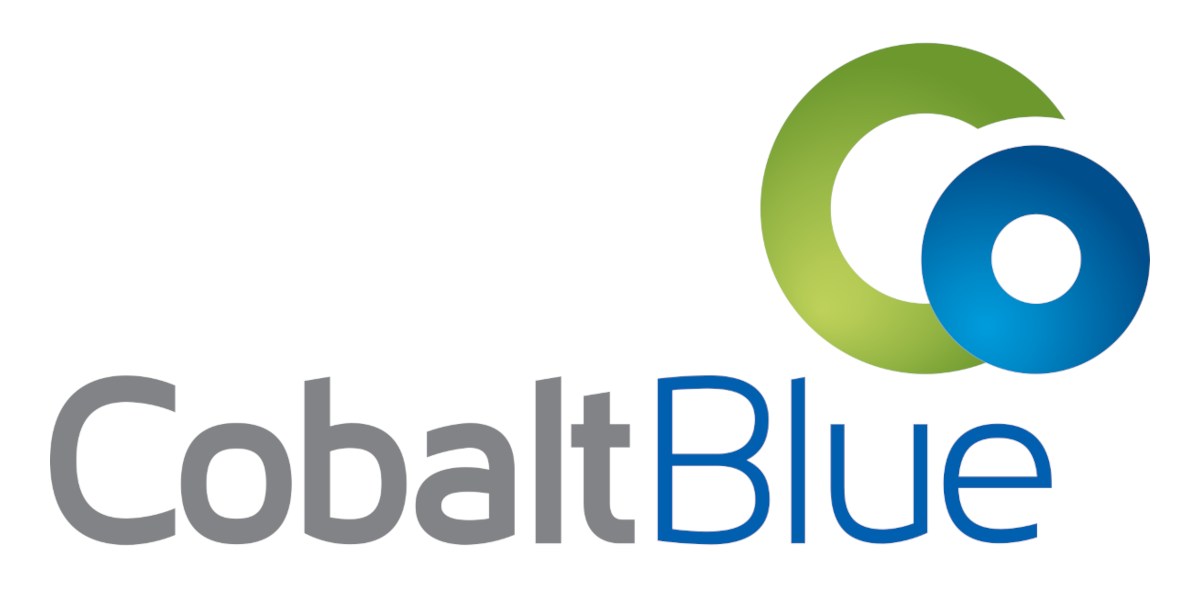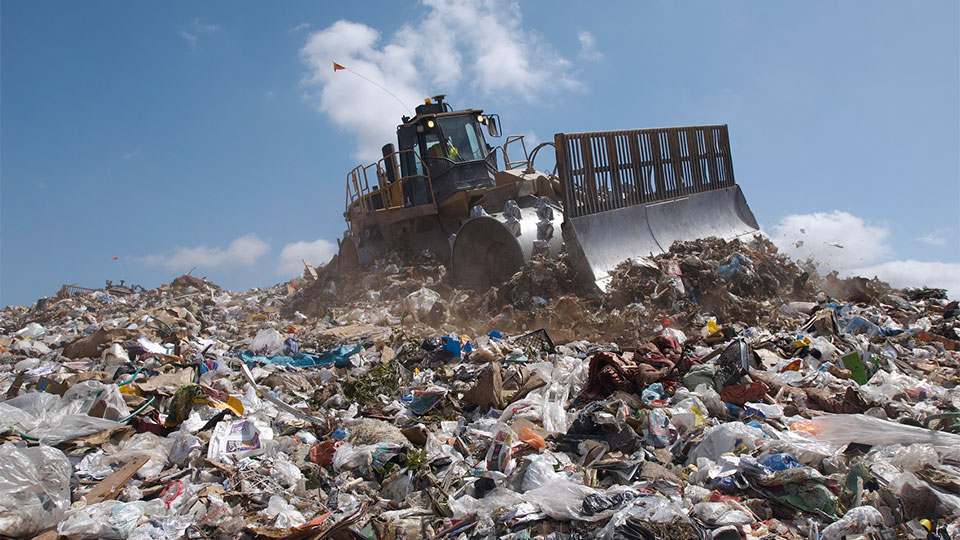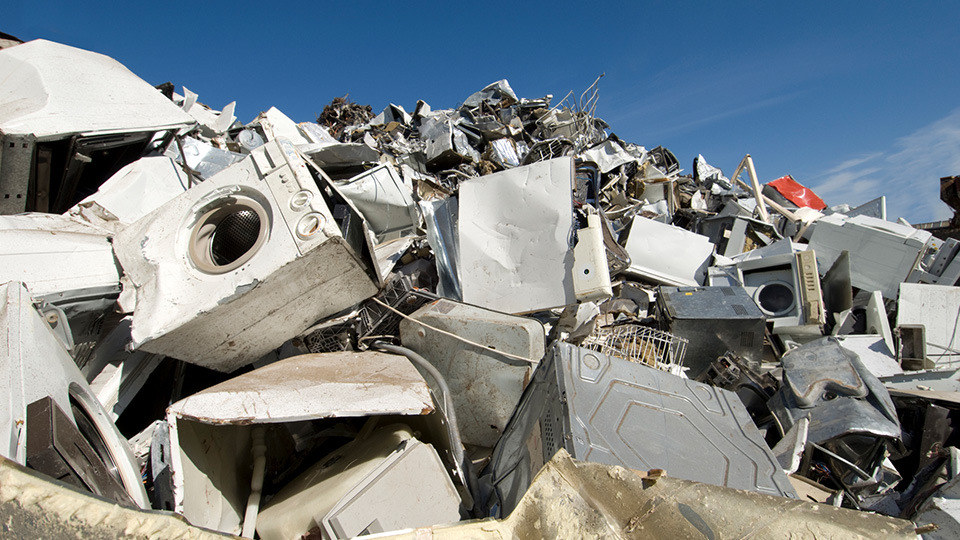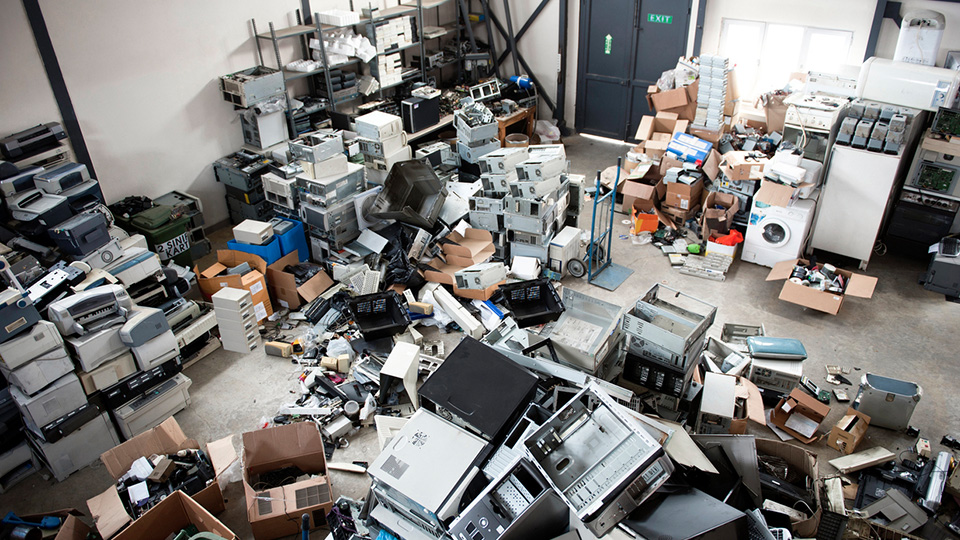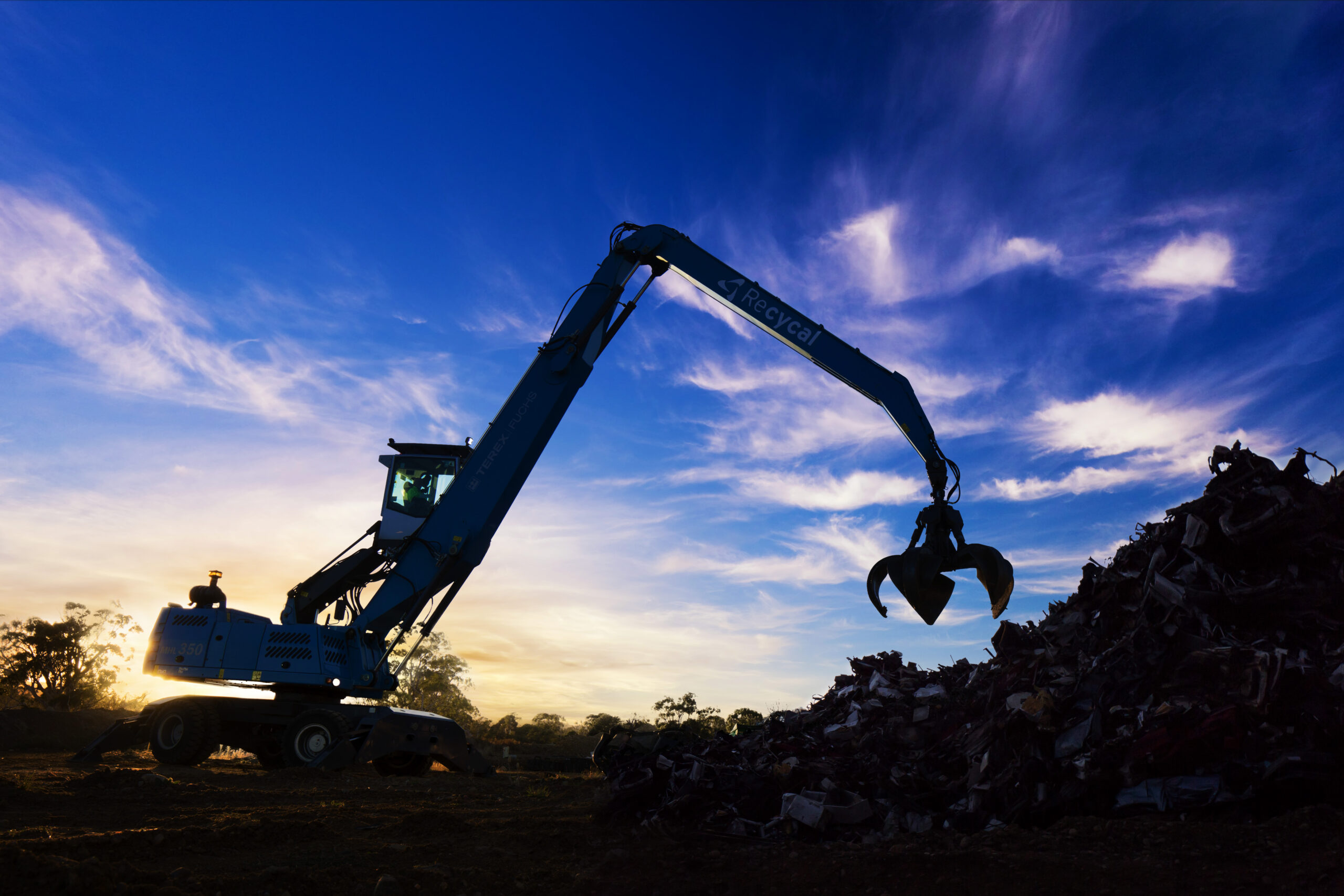Managing mercury risk is an important issue for many Australian industrial companies. Mercury causes very harmful and lasting health impacts due to its toxicity. The World Health Organisation ranks it in the top ten chemicals for public health concerns.
The Minimata Convention, adopted in 2013 is a global health treaty. It was ratified by many countries to raise awareness, and control mercury supply and trade. Importantly, its aim was to reduce the use and release of mercury into the environment. Australia signed the treaty in December 2021.
New Rules
The Recycling and Waste Reduction (Mandatory Product Stewardship-Mercury-added Products) Rules were introduced into Australia in March 2022. Subsequently, this made it illegal to import, export and manufacture a range of mercury added products including batteries, switches and relays, compact fluorescent lamps for general light purposes, and pesticides, biocides, and topical antiseptics.
Ecocycle is playing a key role in assisting business meet its obligations under the treaty. Importantly, the company is the only Environment Protection Authority-licensed processor of mercury wastes operating in Australia.
With a processing plant in Campbellfield, Victoria and a significant capacity to come on stream in WA in 2024 it has made a significant contribution to mercury collection and processing. The new WA plant will predominantly process mercury-containing materials generated from the oil and gas, mining and metal producing sectors as well as domestic and industrial lighting products, e-waste Hg, and contaminated soils, including from remediation works.
An Integrated Solution
Doug Rowe, MD of Ecocycle says, “For too long, mercury wastes have been going to landfills or into our sewer systems and waterways”. “There are solutions and answers to these mercury problems”,
Ecocycle and its sister companies provide that integrated solution.
In terms of the waste, Ecocycle handle old tubes and globes collected in stillages, boxes and bins provided to their customers, processing them through their state-of-the-art MRT equipment. In particular, powder that contains mercury is recovered during the process then distilled, and the mercury removed. As well as that glass and metals are collected for recycling and reuse.
Eco e-waste and the NTCRS
Eco e-waste is part of the Ecocycle group of companies. It should be noted that its one of five organisations nationally who deliver television and computer recycling services. All under the government approved co-regulatory arrangements for the National Television and Computer Recycling Scheme. Many of the small fluorescent tubes found in TV monitors and laptops contain mercury. Robotics are used in a sealed, contained, and filtered room to remove the tubes, ready for processing and mercury recovery. The powder that contains the mercury is then distilled, while the glass and metal are recycled and reused. The remaining carcasses are shredded and recycled in a safe and environmentally friendly manner.
Dental amalgam is another large contributor to mercury waste. Ecocycle has supported the dental industry with the supply of modern separators where the old grindings and drillings from old fillings can be collected for recycling. Most dentists now have separators or collectors installed in their practices, but there is still some way to go.
Batteries containing mercury
Another sister organisation to Ecocycle is Ecobatt, which collects, sorts and then distils old smaller button cell batteries which contain mercury, with the other metals sent away for further refining.
According to Doug, “Generally, the miscellaneous items with mercury are processed correctly in Australia”. “Unfortunately, much of the e-waste containing mercury is not. It ends up in landfills and exposes employees dismantling these units to mercury.
Ecocycle has installed robotic, waste mercury removal systems that use Artificial Intelligence (AI) to handle television monitors and laptops. The stations have been successfully used throughout Europe, the United Kingdom, United States for years.
Providing integrated mercury recycling solutions to Australian businesses is a key business objective for the Ecocycle group. If we can help industry and communities with the safe disposal of mercury give our national help line a call on 1300 326 292.

